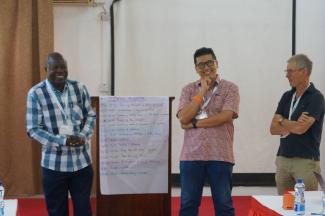
Eleven Chapter Scientists supporting the Intergovernmental Panel on Climate Change (IPCC) Special Reports on Climate Change and Cities, including representatives from Singapore Management University (SMU), gathered in person for a landmark knowledge-brokering workshop on 20 July 2025 at the Technical University of Mombasa (TUM), Kenya.
Facilitated by the Climate and Development Knowledge Network (CDKN), this meeting marked a pivotal moment in the professional development of these early-career researchers, offering both technical training to strengthen their capacities as knowledge brokers and opportunity for peer-learning.
The workshop was officially opened by Professor Cromwell Lukrito, Vice Chair of the IPCC Working Group II, alongside the two IPCC Working Group II Co-Chairs, Professor Bart van den Hurk and SMU Professor Winston Chow. Their presence underscored Working Group II’s support and commitment to strengthening the capacity of early-career researchers, especially those from the global South for greater inclusivity. Together, they participated in a reflective activity that explored the challenges of knowledge brokering and shared tools and strategies to overcome them based on their experiences as matured scientists.
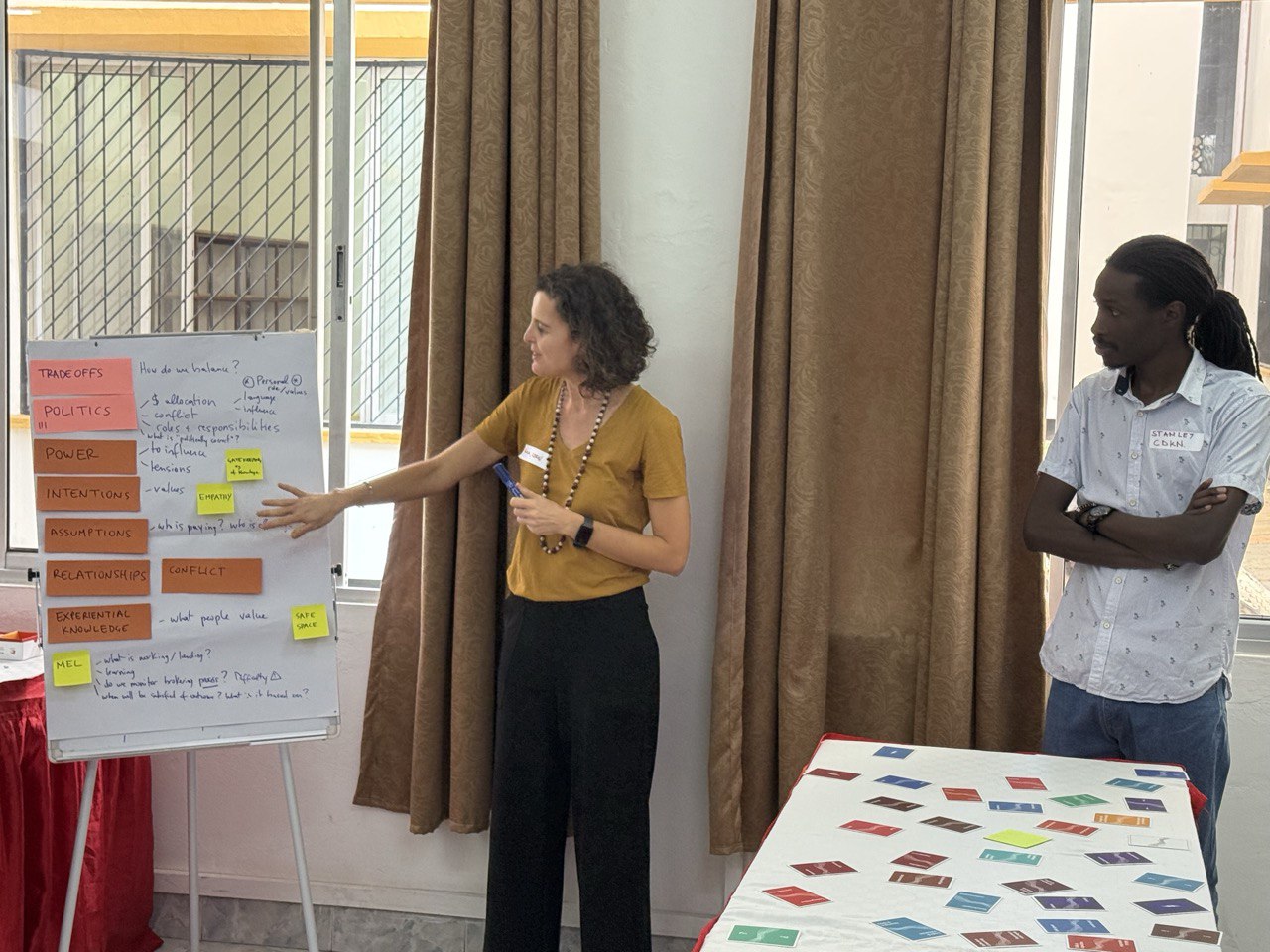
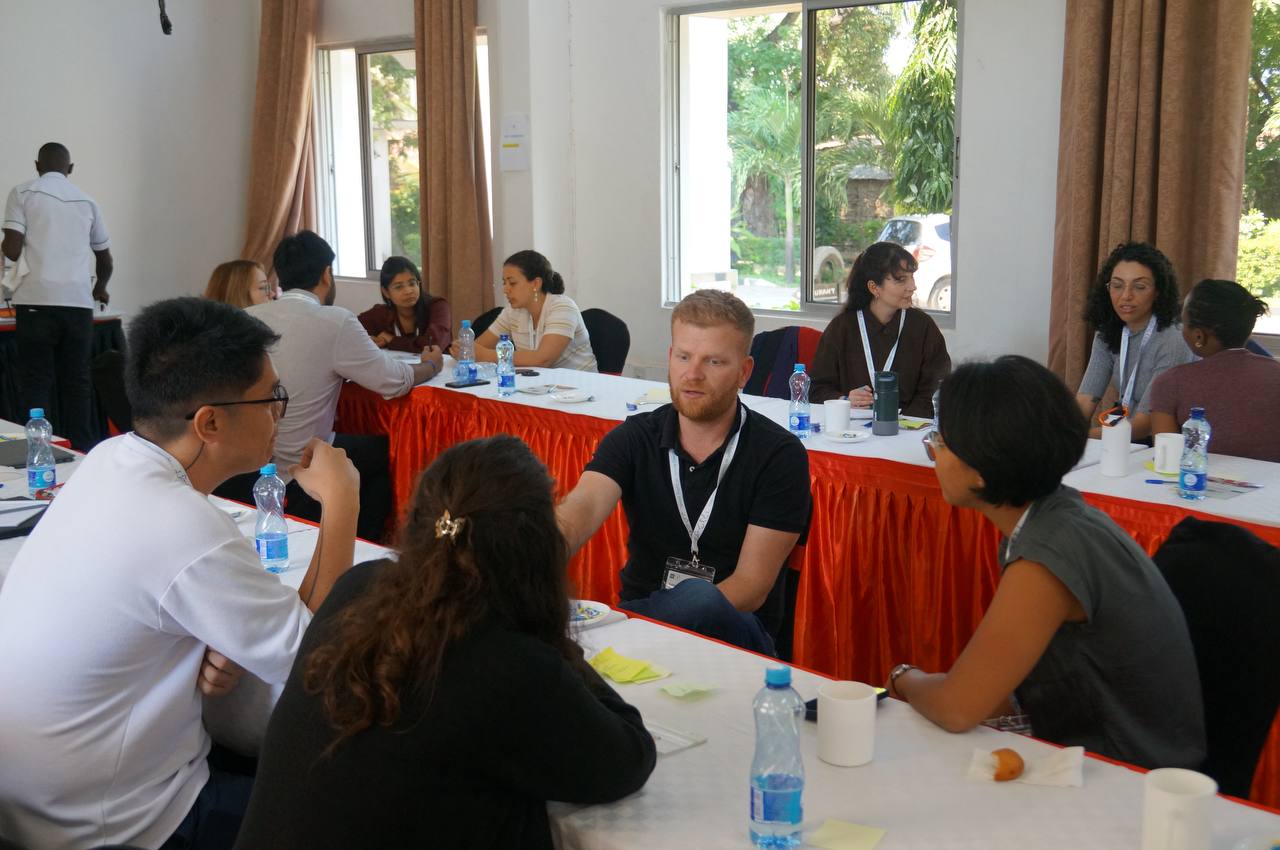
Non-profit organisation SouthSouthNorth, which manages the CDKN programme, is renowned for its two decade-long experience in the field of climate change and social development. It is focused on building capacity in the Global South for community-based mitigation and adaptation.
Leveraging SouthSouthNorth’s extensive expertise, the workshop was designed to translate this experience into practical training for participants. Trainers Lucia Scodanibbio and Stanley Mburu led the workshop with a focus on equipping participants with the foundational principles of knowledge brokering, almost all of whom represent Global South communities as researchers from Africa, Asia and Latin America.
The training emphasised the role of Chapter Scientists as "knowledge brokers", referring to individuals who identify, engage and connect stakeholders to collaborate, and introduced practical tools for co-creating knowledge.
The day wrapped up with a guided tour of the campus, followed by a networking dinner with graduate students and faculty from the Technical University of Mombasa. The evening provided a platform for African researchers and Chapter Scientists to forge meaningful connections, while offering participants a deeper understanding of the IPCC’s mission and its reports.
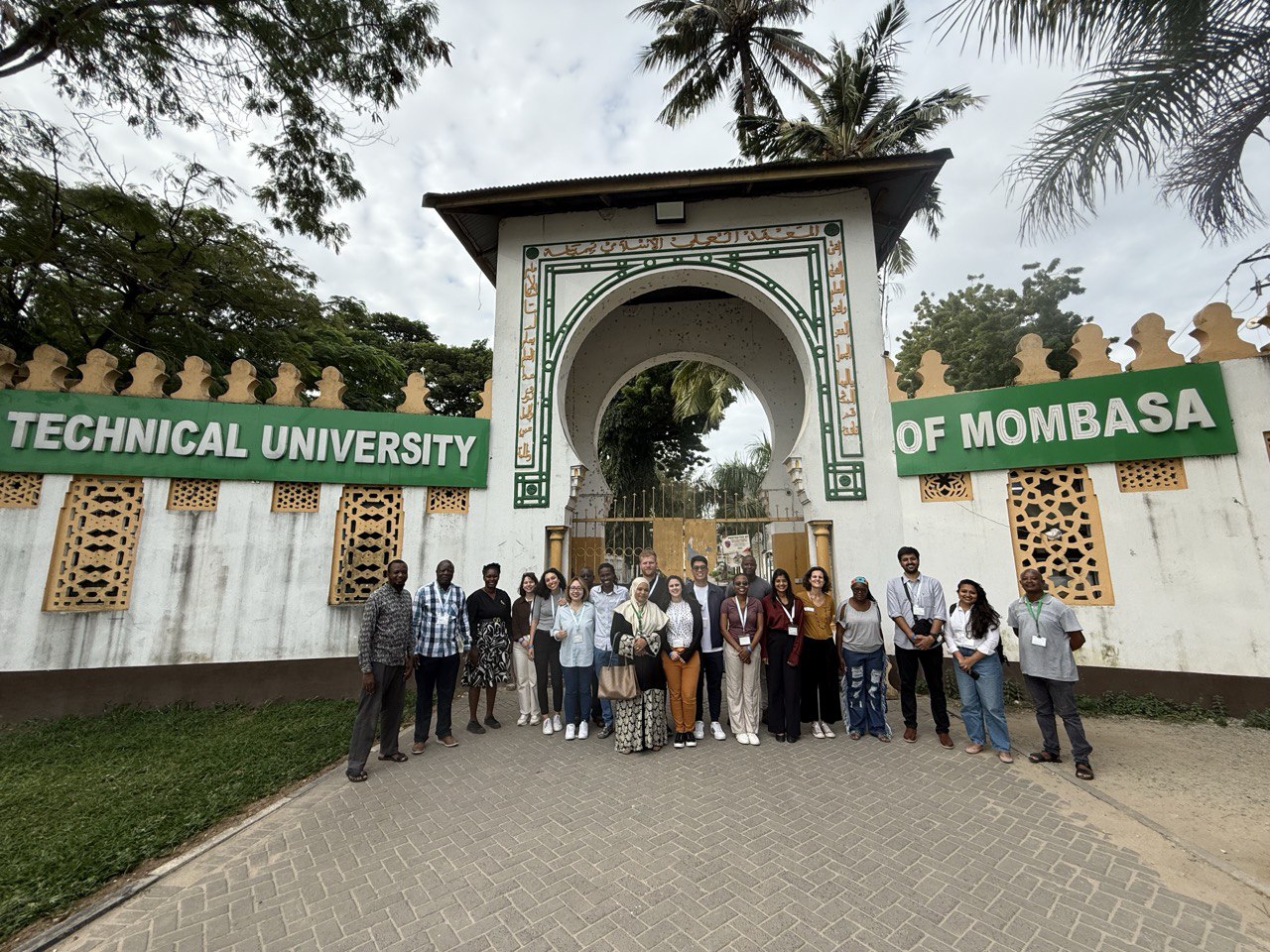
“I used to think that co-creation was mainly about allocating people and different views together, but now I think that co-creation is constructing a journey and organizing how to deeply engage with the norms, peoples' values and the systemic context,” commented Ana Paula, a Chapter Scientist from Brazil.
The Chapter Scientists left the workshop energised and better equipped to navigate the complex landscape of knowledge exchange. They expressed their gratitude to SMU-CLARE Project Coordinator Graces Ching and IPCC Working Group II Science Network Officer Sherine El-Wattar, whose planning was key to the milestone event. Recognising the importance of supporting Chapter Scientists throughout the report’s development, the organisers had designed a programme that addressed the technical aspects of knowledge brokering while fostering an inclusive environment for collaboration and exchange.
The successful knowledge brokering programme is a strong step towards empowering early-career researchers from the Global South to embrace their roles as connectors and facilitators in the climate science community.
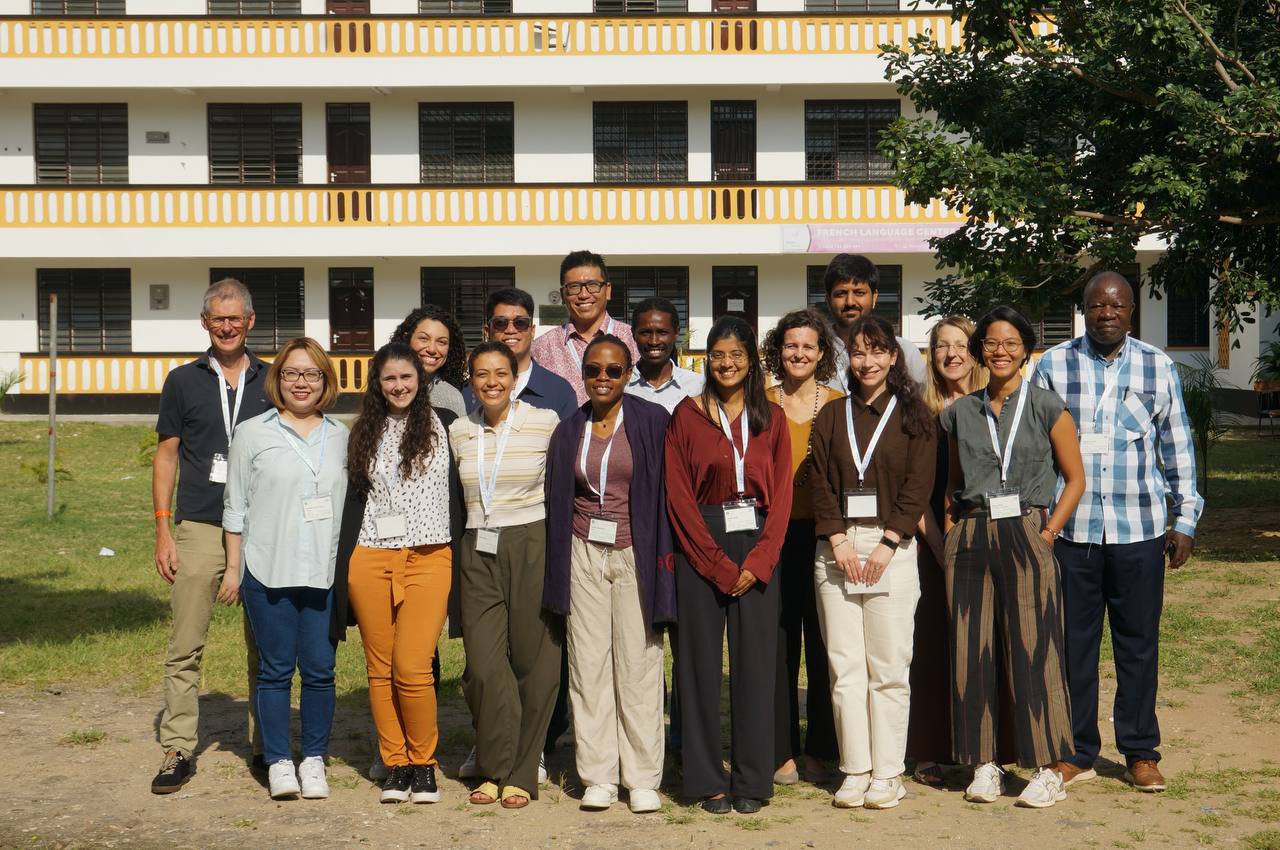
Photo credit: SMU TSU